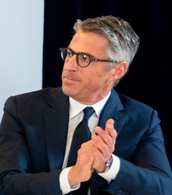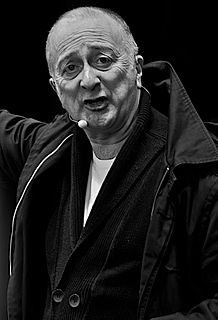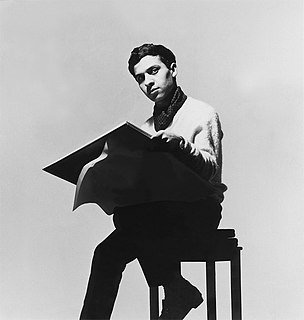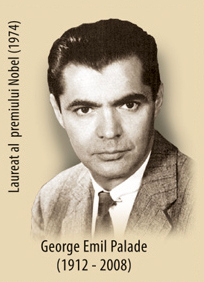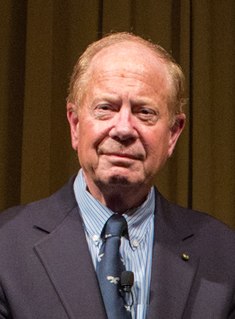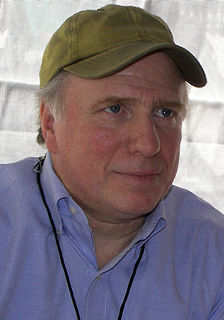Top 1200 History Textbooks Quotes & Sayings - Page 18
Explore popular History Textbooks quotes.
Last updated on November 18, 2024.
I was willing to accept a bad reputation if I deserved it, but it was going to be based on my actions, not on anybody's history. I'm not running from my family - I couldn't embrace my family more. But I wanted to work in an industry where I could define myself, not be defined by my grandfather's history.
History is basically really looking back and finding out what happened to an individual, a community, a family, a group in a certain event. And so that's why I go, "Wow. That's what acting really is. You find out the background, you get the joy of creating a fictional history of a fictional character and you get to tell a story." So I felt that acting is making history come alive and it became my mode of trying to figure out what this craft of acting is really all about.
By the time I got to school, I had already read a couple hundred books. I knew in the first grade that they were lying to me because I had already been exposed to other points of view. School is basically about one point of view -- the one the teacher has or the textbooks have. They don't like the idea of having different points of view, so it was a battle. Of course I would pipe up with my five-year-old voice.
Maybe, generations ago, young people rebelled out of some clear motive, but now, we know we're rebelling. Between teen movies and sex-ed textbooks we're so ready for our rebellious phase we can't help but feel it's safe, contained. It will turn out all right, despite the risk, snug in the shell of rebellion narrative. Rebellion narrative, does that make sense? It was appropriate to do, so we did it.
We normally think of history as one catastrophe after another, war followed by war, outrage by outrage - almost as if history were nothing more than all the narratives of human pain, assembled in sequence. And surely this is, often enough, an adequate description. But history is also the narratives of grace, the recountings of those blessed and inexplicable moments when someone did something for someone else, saved a life, bestowed a gift, gave something beyond what was required by circumstance.
I realized a school doesn't need a School Committee or Trustees or Governors or lumber or approved textbooks. All a school needs is a mind that sends and minds that receive. I shall teach my own students how to teach themselves. My own school. No buildings. Break out of the classroom prison. All I need is SKY. The Universe can be my classroom - the great vast world of the Concord countryside.
The gravest error a thinking person can make is to believe that one particular version of history is absolute fact. History is recorded by a series of observers, none of whom is impartial. The facts are distorted by sheer passage of time and thousands of years of humanity's dark ages, deliberate misrepresentations by religious sects, and the inevitable corruption that comes from an accumulation of careless mistakes. The wise person, then, views history as a set of lessons to be learned, choices and ramifications to be considered and discussed, and mistakes that should never again be made.
Economist Frederick Thayer has studied the history of our balanced-budget crusades and has come up with some depressing statistics. We have had six major depressions in our history (1819, 1837, 1857, 1873, 1893 and 1929); all six of them followed sustained periods of reducing the national debt. We have had almost chronic deficits since the 1930s, and there has been no depression since then - the longest crash-free period in our history.
The Internet was supposed to be the greatest tool of global communications and means of sharing knowledge in human history. And it is. But it has also become the most effective instrument of mass surveillance and potentially one of the greatest instruments of totalitarianism in the history of the world.
Another thing is, people lose perspective. It is a cultural trait in America to think in terms of very short time periods. My advice is: learn history. Take responsibility for history. Recognise that sometimes things take a long time to change. If you look at your history in this country, you find that for most rights, people had to struggle. People in this era forget that and quite often think they are entitled, and are weary of struggling over any period of time



